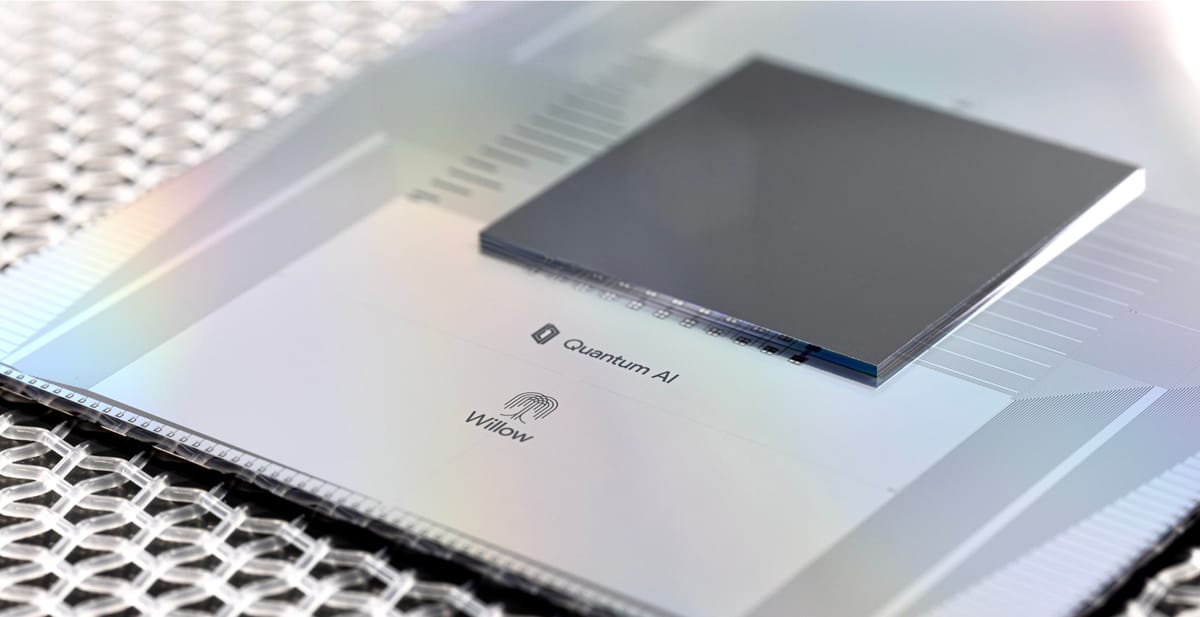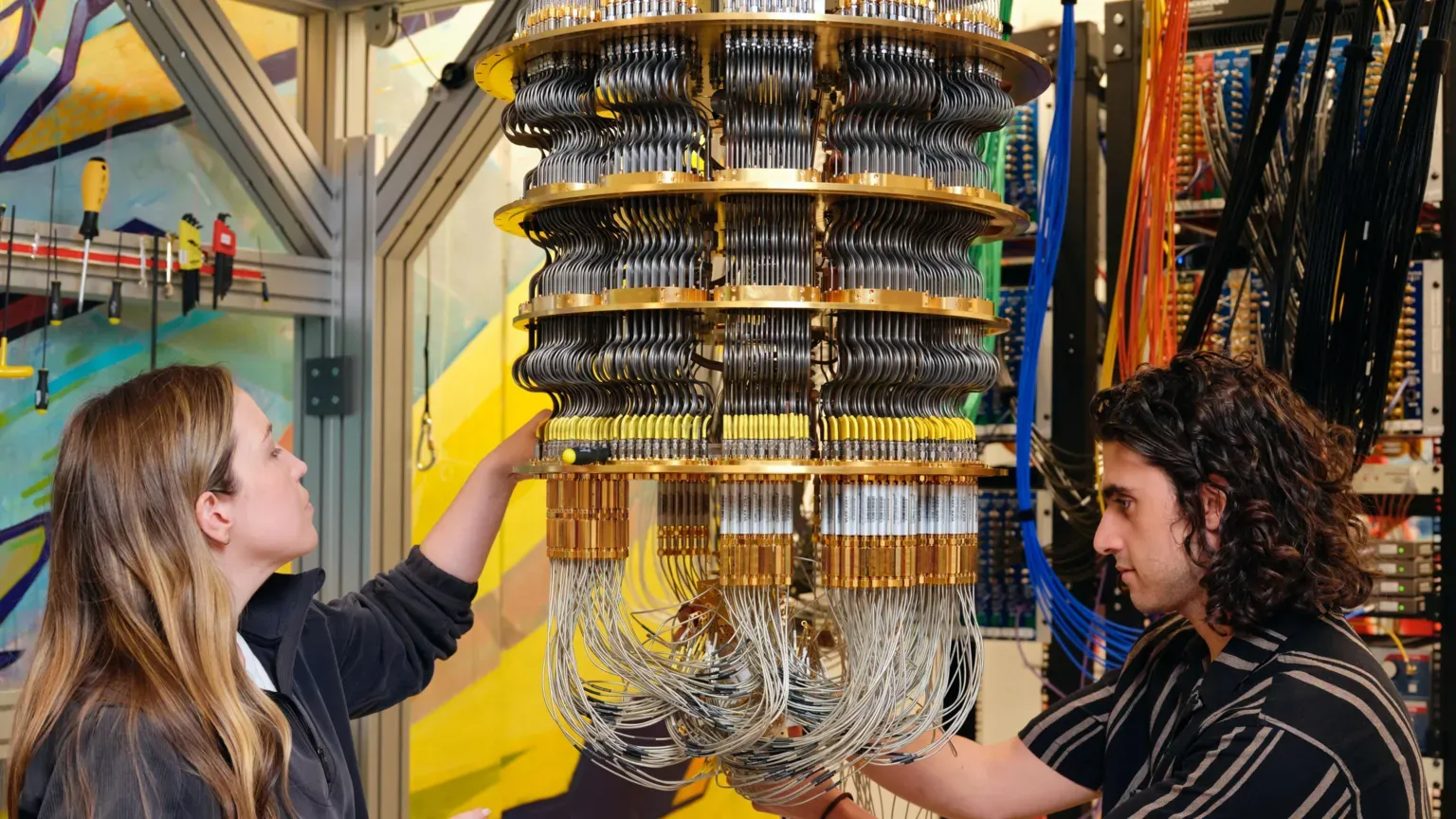
Google's Willow quantum chip represents a major step forward in quantum computing, achieving exponential error correction and solving problems far beyond the capabilities of classical supercomputers.
Key Points
- Google’s Willow chip features 105 qubits and achieves exponential error correction—a milestone in quantum computing.
- Demonstrated tasks that classical supercomputers would take billions of years to solve.
- Sets new standards in performance benchmarks, including quantum error correction and random circuit sampling.
- Experts caution that while promising, practical applications remain years away.
Meet Willow: Willow is Google's most advanced quantum processor to date, fabricated at a state-of-the-art facility in Santa Barbara. It integrates 105 superconducting qubits with unprecedented coherence times, nearly five times better than previous designs. This quality, combined with advanced machine learning algorithms, enables real-time error correction and exponential error suppression as qubit lattices scale from 3x3 to 7x7 grids.
What Willow achieved:
- Error Correction Breakthrough: For the first time, Willow demonstrated exponential reduction in error rates with increasing qubit size. This achievement, known as operating “below threshold,” is a foundational milestone for scalable quantum systems.
- Beyond-Classical Computation: Using the Random Circuit Sampling (RCS) benchmark, Willow completed a computation in under five minutes that would take the world’s fastest supercomputers 10 septillion years—a number surpassing the age of the universe.
- Improved Performance Metrics: Willow boasts average qubit lifetimes approaching 100 microseconds and delivers industry-leading performance across key benchmarks.
Why It Matters: Quantum computers operate on principles fundamentally different from classical ones, leveraging qubits that can represent multiple states simultaneously. This allows them to solve specific types of problems exponentially faster. Willow’s exponential scaling in error correction signals a turning point, enabling practical applications in fields like material science, cryptography, and AI.
For example, simulating molecular interactions for drug discovery—a task that could revolutionize medicine—becomes feasible with reliable quantum systems. The ability of Willow to perform calculations at unprecedented speeds opens doors to innovations previously thought impossible.

Yes, but: Despite Willow’s impressive performance, practical quantum computing remains years away. The technology still faces several hurdles:
- Error Correction: Willow’s current error rates, while groundbreaking, are not yet sufficient for fault-tolerant quantum computing. Achieving error rates of one-in-a-trillion operations remains a target.
- Scaling: Moving from 105 qubits to the thousands or millions required for complex applications introduces significant engineering challenges.
- Speed: Error correction processes can slow down quantum operations, and decoding errors in real time remains a bottleneck.
Michael Newman, a research scientist at Google Quantum AI, notes, “While this achievement is monumental, it’s just the beginning. The journey to practical, large-scale quantum computing is a marathon, not a sprint.”
The Bigger Picture: Quantum computing is a global race, with tech giants like IBM, Microsoft, and startups vying for breakthroughs. Governments, too, are heavily investing: China’s $15 billion quantum initiative underscores the strategic importance of this technology. The Willow chip is a milestone—a clear demonstration that quantum error correction can scale exponentially.
The Bottomline: Google researchers say they'll need to further reduce error rates and scale up to millions of physical qubits before quantum computers can tackle real-world applications like drug discovery or breaking encryption. Experts estimate practical quantum computing applications won't emerge before the end of this decade.

